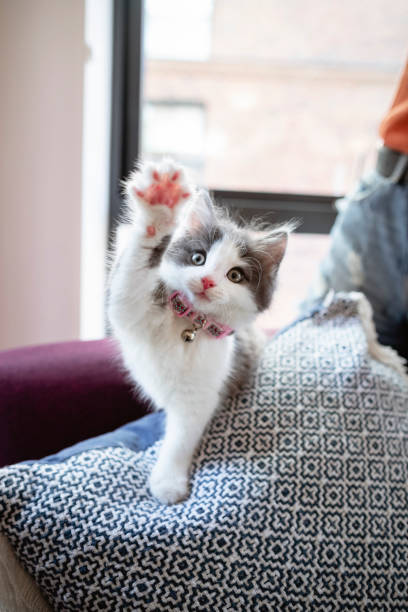The Lowdown On Cat Litter And Pregnancy.
Wiki Article

Anticipating a child is a jubilant celebration, but it likewise includes a myriad of responsibilities and factors to consider, especially for animal owners. Among the numerous issues that occur throughout pregnancy, one that often flies under the radar is the concern of cat litter. While seemingly harmless, cat litter can pose dangers to pregnant females and their unborn children if not handled correctly. In this post, we look into the necessary information every expectant mother who owns a feline should know to make sure a safe and healthy pregnancy.
The primary concern with cat litter throughout pregnancy lies in its association with toxoplasmosis, a parasitic infection brought on by the Toxoplasma gondii parasite. Felines, especially those who hang around outdoors, can become contaminated with this parasite by hunting and consuming infected prey or by entering into contact with infected soil. Once contaminated, felines can shed the parasite in their feces for a brief period, usually one to 2 weeks, which is when they become carriers of the disease.
Toxoplasmosis itself might not trigger any signs in healthy people, but it can have severe effects for pregnant women and their unborn infants if contracted throughout pregnancy. The parasite can be sent to humans through accidental consumption of polluted feline feces, soil, or undercooked meat consisting of the parasite's cysts. In pregnant females, toxoplasmosis can lead to miscarriage, stillbirth, or congenital disabilities in the infant, such as hearing loss, vision disability, or intellectual impairments.
Offered the possible threats related to toxoplasmosis, pregnant females are typically advised to take precautions when handling cat litter. Here are some essential steps to minimize the risk of infection:
If possible, ask a partner, member of the family, or good friend to take control of the job of cleaning up the litter box throughout pregnancy. This minimizes direct exposure to feline feces, reducing the danger of infection.
If you should clean the litter box yourself, wear disposable gloves and a mask to prevent direct contact with the feces and inhalation of air-borne particles.
Make sure the litter box is cleaned up daily. The Toxoplasma gondii parasite needs a period of one to five days to become infectious after being shed in feline feces. Trigger elimination of feces lessens the possibility of transmission.
After handling cat litter or cleaning the litter box, clean your hands completely with soap and water to eliminate any potential contamination.
Refrain from gardening or managing soil, specifically without gloves, as it might include Toxoplasma gondii cysts from cat feces.
To reduce the threat of contracting toxoplasmosis from food, make sure all meat is cooked thoroughly to eliminate any parasites present.
n addition to taking preventative measures when managing cat litter, pregnant ladies may likewise consider changing to alternative litter alternatives that position minimal threat. Here are some Self Cleaning Litter Boxes options to conventional clay-based cat litter:
Silica gel litter is highly absorbent and successfully manages smell. It positions a lower risk of harboring parasites compared to clay-based litter.
Litters made from natural products such as recycled paper, wood pellets, or corn are naturally degradable and eco-friendly. These litters are generally thought about safe for pregnant women to manage.
Litters originated from plant-based products like wheat, corn, or pine provide an eco-friendly option to conventional clay litter. They are free from damaging chemicals and are safe for pregnant women and their family pets.
Just like any issues during pregnancy, it's crucial to consult your doctor for personalized recommendations and recommendations. If you have any concerns or uncertainties relating cat litter box furniture to cat litter and its potential threats, don't be reluctant to discuss Pine Pellet Cat Litter them with your obstetrician or midwife. They can provide assistance tailored to your private circumstances and help alleviate any issues you might have.
While owning a cat can bring tremendous delight and friendship, it's necessary for pregnant women to be knowledgeable about the potential threats related to cat litter and take suitable preventative measures to safeguard their health and the health of their coming kid. By following simple standards and looking for guidance from health care providers, expectant mothers can browse this element of pet ownership safely and delight in a carefree pregnancy alongside their feline buddies.